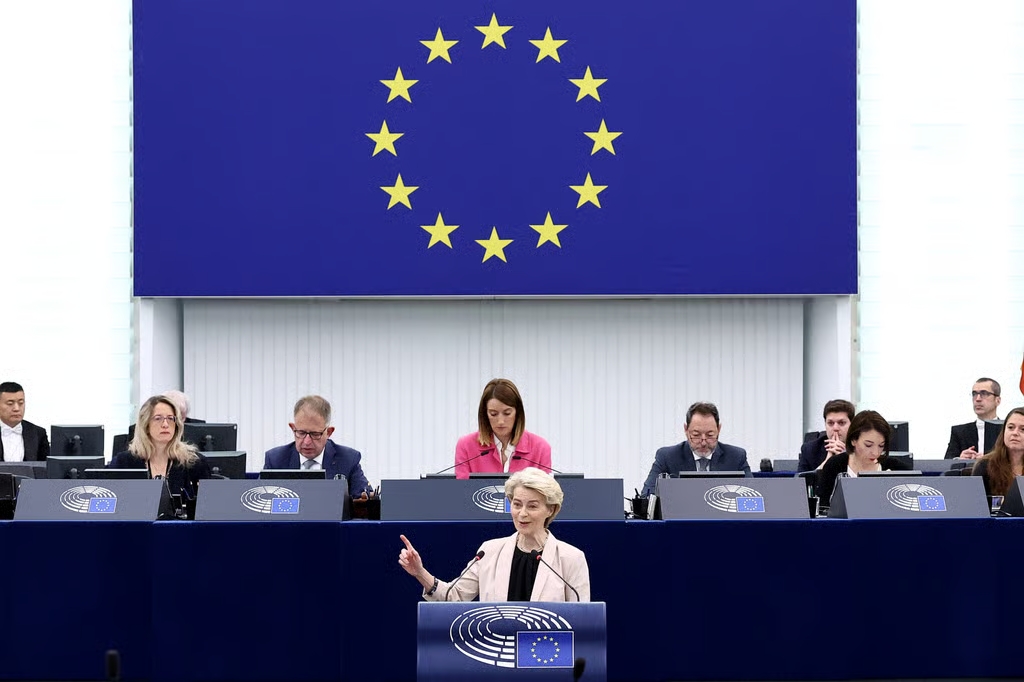
The GDPR Simplification (EU) proposal, announced by the European Commission on 21 May 2025, marks a major turning point for how businesses handle compliance across Europe.
As part of the wider Omnibus IV Simplification Package, the proposal aims to make compliance easier, especially for small and mid-sized companies, without compromising data protection.
In other words, the EU wants to cut down red tape, reduce administrative burdens, and give growing companies more breathing room while maintaining data privacy protection intact.
What’s Changing in GDPR Compliance
One of the most notable updates is the revision of Article 30(5) of the General Data Protection Regulation (GDPR).
Currently, only organisations with fewer than 250 employees are exempt from certain record-keeping requirements. The new proposal raises that threshold to 750 employees and replaces the vague “likely risk” test with a clearer “high-risk” standard.
This means fewer small and mid-sized companies will be buried in paperwork.
The proposal also introduces a new definition for Small Mid-Cap Enterprises (SMCs); businesses with fewer than 750 employees and either:
- Up to €150 million in annual turnover, or
- Up to €129 million in total assets.
SMCs will now enjoy some of the same exemptions that smaller firms already benefit from, helping to balance compliance obligations across different business sizes.
Why This Matters for Businesses Expanding Globally
For companies expanding into or out of the EU, these reforms bring both efficiency and responsibility.
Here is why it matters:
- Less complexity, lower costs: With simplified compliance for smaller firms, global companies can save time and resources when hiring teams across borders.
- Smarter, faster scaling: With fewer routine compliance tasks, HR and finance teams can focus on strategic goals such as talent growth and market expansion.
- Compliance still matters: These exemptions don’t mean companies can relax completely. Businesses handling large amounts of data or operating across jurisdictions must still meet all key GDPR requirements.
According to the UN Conference on Trade and Development (UNCTAD), regulatory complexity is one of the biggest barriers to doing business internationally, especially for growing firms. This reform directly addresses that challenge.
How It Affects HR, Payroll, and EOR Operations
The GDPR Simplification (EU) proposal has major implications for HR data, payroll systems, and Employer of Record (EOR) services:
- HR Data Management: Fewer administrative tasks for HR teams managing low-risk employee data, but compliance systems must remain strong and auditable.
- Payroll & Global Mobility: Cross-border hiring still requires proper data protection for employee records, payments, and reporting. The new rules simplify processes but don’t eliminate risk.
- EOR Partnerships: For companies using EOR or global payroll providers, the new framework reinforces the importance of choosing partners that understand both local regulations and global compliance standards.
What Businesses Should Do Now
To prepare for the new compliance environment, companies should:
- Audit data processes: Map employee data from collection to transfer, especially across borders.
- Assess risk levels: Review whether your activities might fall under “high-risk” processing.
- Update frameworks: Align HR, payroll, and immigration data workflows with the upcoming EU standards.
- Work with trusted partners: Choose EOR and compliance experts with proven multi-country experience.
The Bottom Line
The GDPR Simplification (EU) initiative is a step toward smarter, fairer compliance. It promises flexibility for smaller enterprises, but it doesn’t remove the need for diligence.
For global companies, particularly those expanding into the EU, this reform offers a chance to streamline compliance while scaling safely.
At GroConsult Management Consortium, we help businesses manage global workforce compliance from payroll and immigration to HR Outsourcing so they can expand confidently and sustainably without the stress.
Stay ahead of compliance change.
Book a consultation today to future-proof your global expansion strategy.
